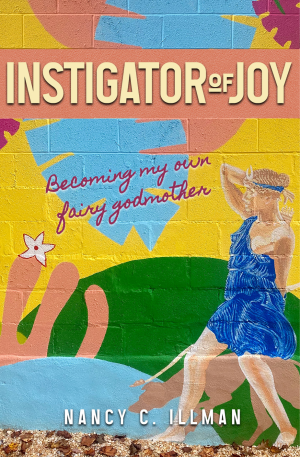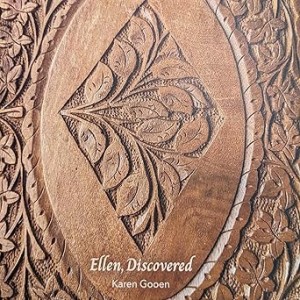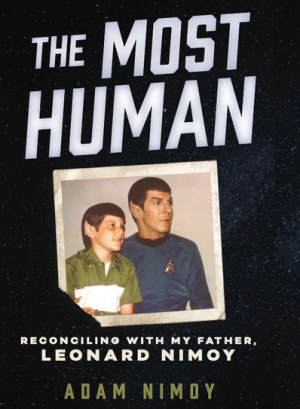In this compelling memoir, Michaele Weissman reflects on her marriage to John Melngailis, a non-Jewish Latvian refugee. Weissman is Jewish and American; and in addition to their religious and national differences, there is also a large age gap between them. Their lifestyles are somewhat at odds, too. John, who grew up in poverty, lives frugally — he is careful not to waste food and saves everything for possible fixing and repurposing. Weissman, on the other hand, enjoyed a more secure childhood and thus struggles to understand his tendencies. Yet she manages to maintain a strong sense of humor.
When the pair first met, John had already earned a PhD in physics, while Weissman was a college student of history and a writer. The question “Do opposites attract?” remains central as Weissman describes dating and eventually marrying her beloved partner of now forty years. John had been divorced but remained a loving father to his daughters. Through many visits, Weissman cared for and became close with the girls. Over time, the author discovered that John was bipolar; and although he was able to function well most of the time, he had episodes of the illness that deeply affected him.
John took his Latvian identity quite seriously, sharing with others his people’s history and his love of a kind of rye bread — called rupjmaize—that is particular to Latvia. He was obsessed with the texture, flavor, making, and meaning of the bread. A relative says that it’s “the food we crave when we have been away from home for too long.” When Weissman traveled with John to Latvia, she began to question her own geographical ties to the area. She investigated her Jewish roots in the land and the differences between Litvaks and Galizianers, two types of Eastern European Jews.
Weissman was accepted by John’s mother, but she nevertheless felt like an outsider at Latvian gatherings. She was disturbed by the community’s overt negativity about her marriage to one of their own. Grappling with the difficult parts of her relationship with John, the author reminds herself again and again about their compatibility and his many positive qualities. Along the way, she also shares some gems of advice about marriage.
The memoir is divided into 126 sections. Some are only a couple of lines, while others span a few pages. This makes for an accessible reading experience that, among other things, relates the unique delights of making — and eating — bread.
Miriam Bradman Abrahams, mom, grandmom, avid reader, sometime writer, born in Havana, raised in Brooklyn, residing in Long Beach on Long Island. Longtime former One Region One Book chair and JBC liaison for Nassau Hadassah, currently presenting Incident at San Miguel with author AJ Sidransky who wrote the historical fiction based on her Cuban Jewish refugee family’s experiences during the revolution. Fluent in Spanish and Hebrew, certified hatha yoga instructor.





